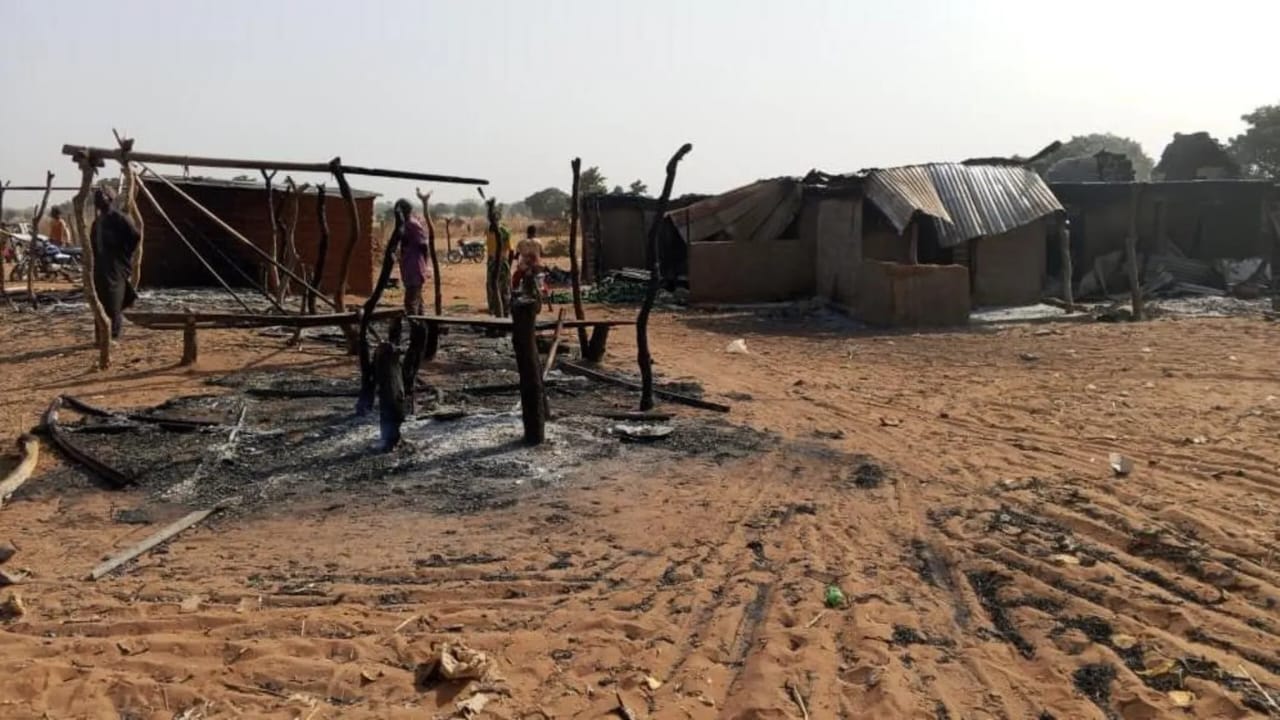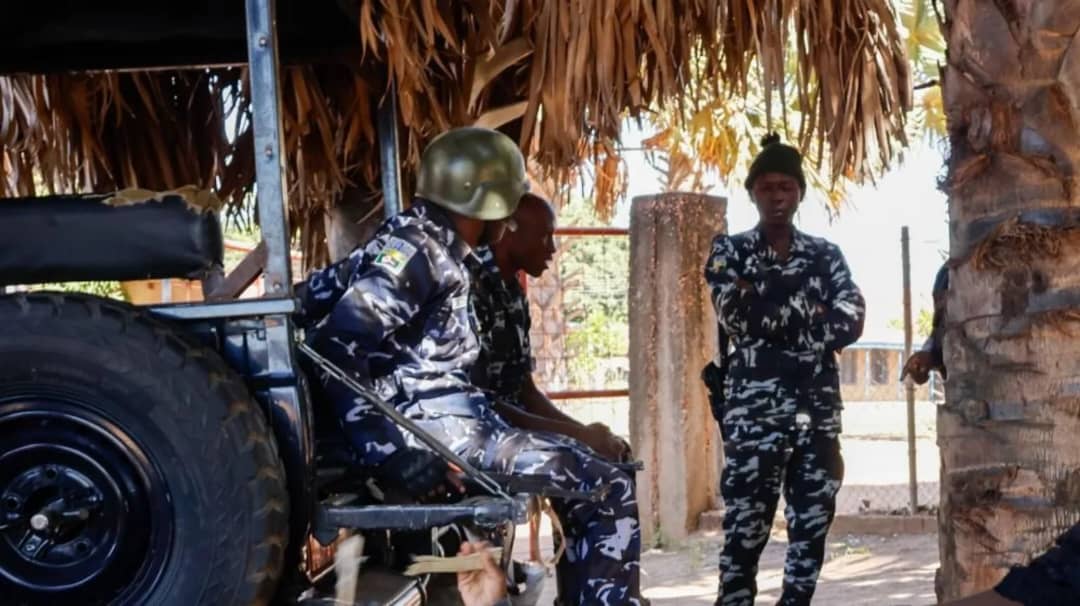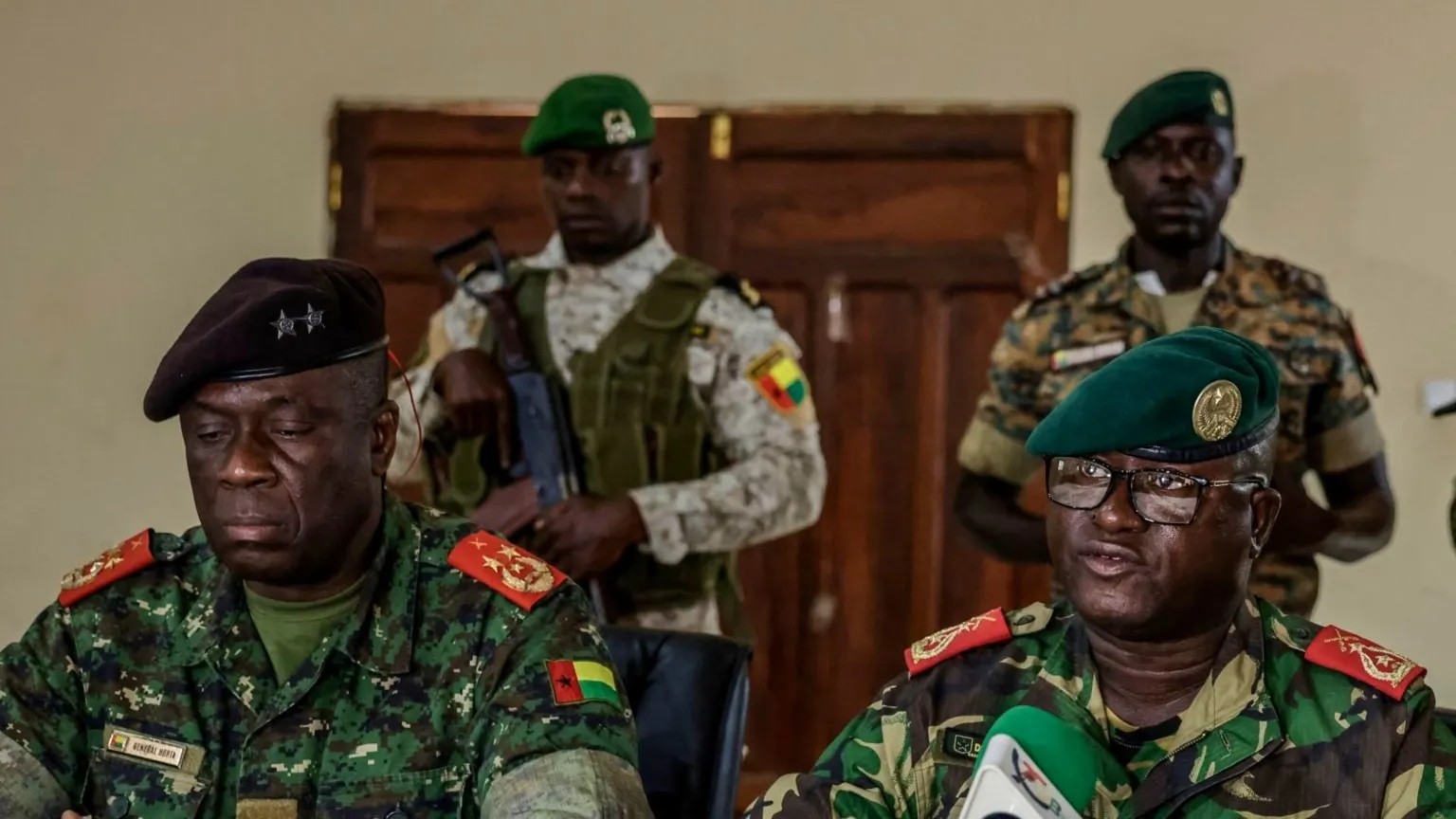Niger Exits Lake Chad Military Coalition Amid Rising Security Concerns
- by Abdullah Muhammad, RNG247
- about 9 months ago
- 124 views

Niger has officially announced its withdrawal from the Multinational Joint Task Force (MNJTF), a coalition fighting armed Islamist groups in the Lake Chad region. This decision underscores the government's prioritization of securing its own oil infrastructure amidst continuing threats from militant groups, according to a bulletin broadcast on state television.
The MNJTF, which comprises soldiers from Nigeria, Chad, and Cameroon, was established to combat the escalating insurgency in the region and has been operational since 2015. However, the coalition has faced significant challenges—including divisions and poor coordination—that have hindered effective progress, allowing insurgent groups to flourish across Lake Chad's sparsely populated terrain.
As of now, the MNJTF has not released a statement regarding Niger's withdrawal, leaving uncertainty regarding the future of the mission and its capacity to counter the persistent extremist threats.
The Lake Chad basin has been a focal point of violence, regularly targeted by militant organizations such as the Islamic State in West Africa and Boko Haram, the latter of which has engaged in a deadly insurgency since 2009 in northeastern Nigeria, resulting in tens of thousands of deaths.
Chad itself had previously threatened to withdraw from the MNJTF following a devastating attack last year that resulted in the deaths of around 40 soldiers at a military base. Similarly, since a military junta took control and ousted President Mohamed Bazoum in 2023, Niger's involvement in regional security collaborations has diminished. In 2024, Niger, alongside Burkina Faso and Mali—both of which are governed by military juntas—also exited the Economic Community of West African States (ECOWAS).
The current military leadership in Niger has recently outlined a five-year plan aimed at transitioning back to constitutional governance, pledging to bolster security across the nation. However, control over extensive regions remains tenuous, with Islamist militants recently executing a deadly attack on a mosque in the southwest—claiming the lives of at least 44 civilians and injuring 13 others.
Furthermore, the country’s critical energy infrastructure, particularly an oil pipeline linking the Agadem oilfield to the coast of Benin, has faced increasing assaults, raising concerns about the security of vital economic assets in light of the ongoing instability. As Niger navigates these complex challenges, the reallocation of resources toward domestic security may mark a pivotal turn in its approach to combating regional threats.












.jpg)



0 Comment(s)